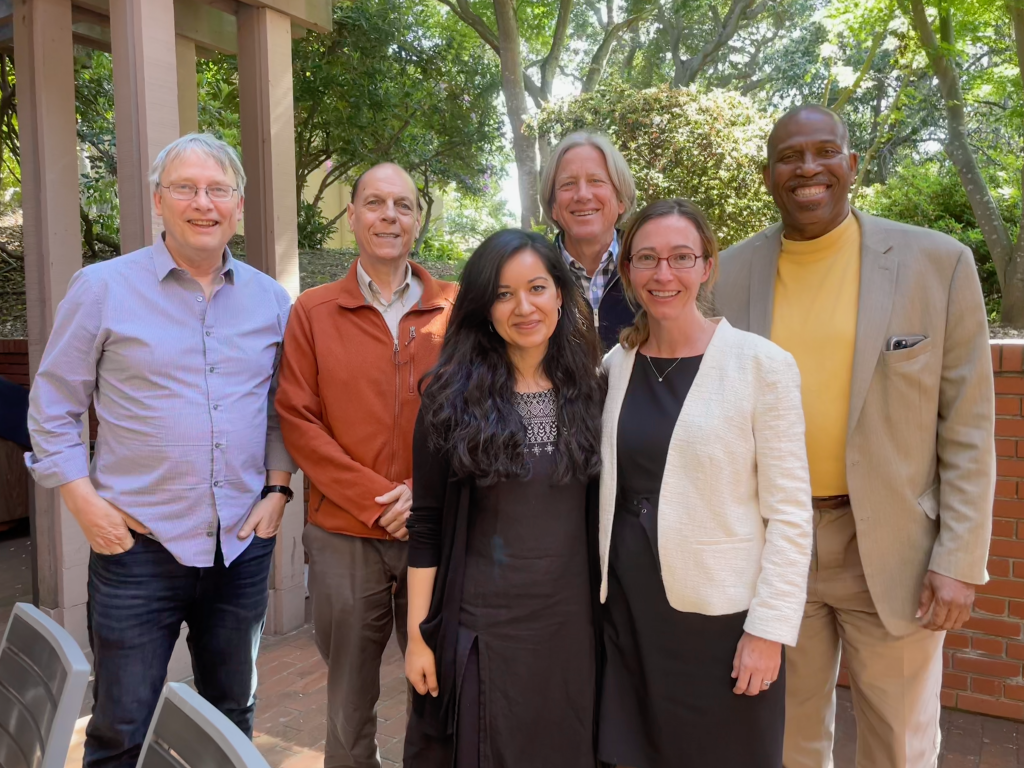Research assistant Ethan Willbrand published a preprint identifying a relationship between developmental changes in the morphology of sulci in lateral prefrontal cortex (LPFC) and reasoning performance in childhood and adolescence. Analysis of both cross-sectional and longitudinal data sets revealed differences in cortical thickness between children (ages 6-11) and adolescents (ages 11-18). Further analysis revealed that longitudinal changes in cortical thickness of four rostral LPFC sulci predicted longitudinal changes in reasoning performance. Contrary to previous findings, these results suggest that sulci may flatten either after this time frame or over a longer longitudinal period of time than previously presented. Crucially, these results also suggest that longitudinal changes in the cortex within specific LPFC sulci are behaviorally meaningful—providing targeted structures, and areas of the cortex, for future neuroimaging studies examining the development of cognitive abilities.
You can read the paper here: https://cnl.berkeley.edu/papers/Willbrand_DEVPFC_Preprint_2022.pdf

